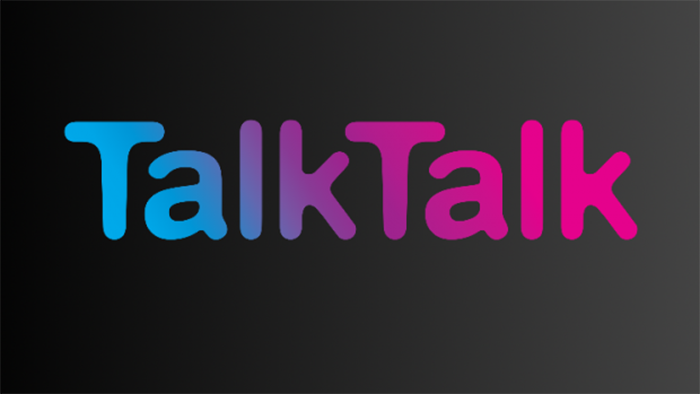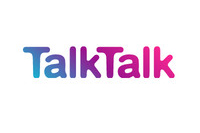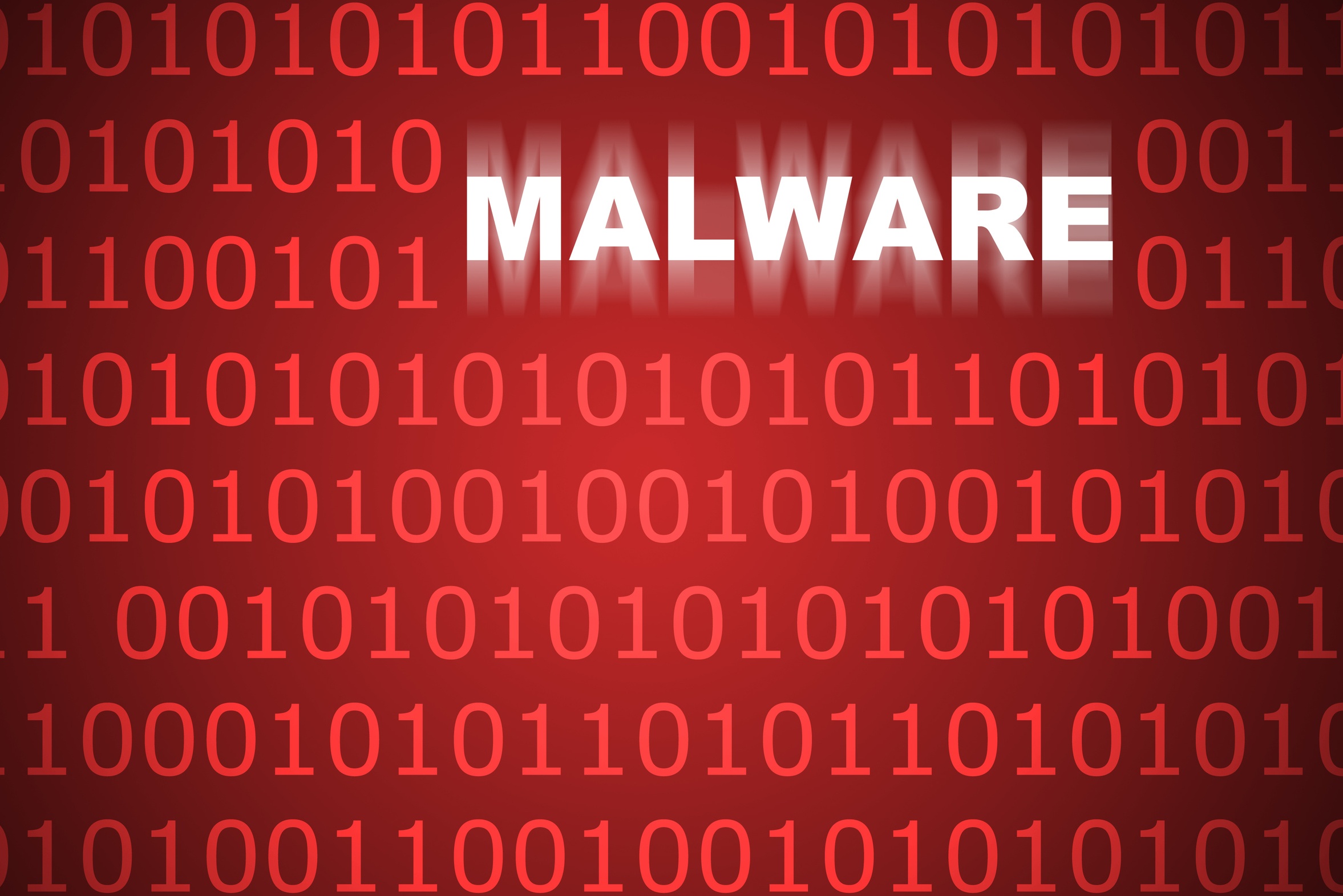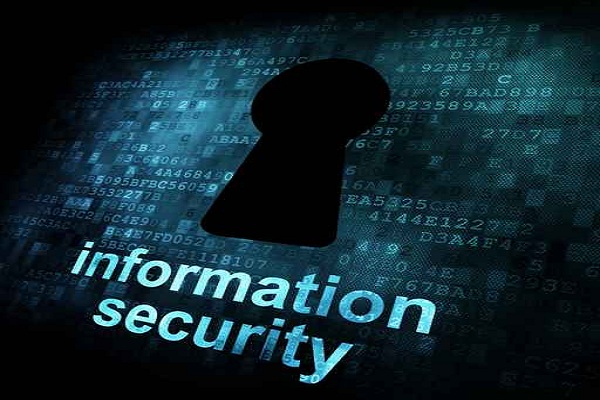Educators call for exemption from Digital Economy Bill
Members of libraries, universities and schools are worried pirating students will put their internet access in danger if the Digital Economy Bill goes through parliament.


More than 40 representatives from universities, libraries and schools have written to a Labour Lord calling for exemption from a bill that could see their internet connections cut off.
The Digital Economy Bill includes a controversial law that could lead to file sharers being cut off from the internet. The organisations are worried that students may illegally file share, leaving the institution at risk of being cut off or being fined.
In the letter addressed to Lord Puttnam, the representatives from institutions such as the University of London, British Library and the Imperial War museum, said: "Because public institutions often provide internet access to hundreds or thousands of individual users, the complexity of our position in relation to copyright infringements must be taken into consideration."
The letter added: "If this is not done, a public institution such as a library, school or university's internet connection as a whole could be jeopardised, resulting in loss of internet access to large sections of the public, particularly the 15 million citizens without an internet connection at home."
The Open Rights Group is backing their call for a guarantee that they will not become victims of the new legislation - as well as other venues in similar positions - and encouraging more people to protest the bill.
Jim Killock, ORG director, posted on its website: "The situation is exactly parallel for cafs, bars and hotels, as well as community centres: if you are involved in any of these you should make your views known to the front bench teams now."
The bill is going through the motions in the House of Lords at present and still has a way to go before it comes into law.
Get the ITPro daily newsletter
Sign up today and you will receive a free copy of our Future Focus 2025 report - the leading guidance on AI, cybersecurity and other IT challenges as per 700+ senior executives
However, many are opposed to it, including internet service provider TalkTalk, who recently held an event to rally opposition to the proposals.
Andrew Heaney, executive director of the strategy and regulation group at the ISP, told IT PRO at the event: "The way that [the Government] are proposing to tackle [filesharers] just won't work. They propose to identify people who do P2P file sharing but actually the people that do will just find another method, so it is a futile bill."
"By trying to pursue it basically innocent people are going to get hurt," he added.
Jennifer Scott is a former freelance journalist and currently political reporter for Sky News. She has a varied writing history, having started her career at Dennis Publishing, working in various roles across its business technology titles, including ITPro. Jennifer has specialised in a number of areas over the years and has produced a wealth of content for ITPro, focusing largely on data storage, networking, cloud computing, and telecommunications.
Most recently Jennifer has turned her skills to the political sphere and broadcast journalism, where she has worked for the BBC as a political reporter, before moving to Sky News.
-
 Should AI PCs be part of your next hardware refresh?
Should AI PCs be part of your next hardware refresh?AI PCs are fast becoming a business staple and a surefire way to future-proof your business
By Bobby Hellard Published
-
 Westcon-Comstor and Vectra AI launch brace of new channel initiatives
Westcon-Comstor and Vectra AI launch brace of new channel initiativesNews Westcon-Comstor and Vectra AI have announced the launch of two new channel growth initiatives focused on the managed security service provider (MSSP) space and AWS Marketplace.
By Daniel Todd Published
-
 “It’s the legacy that gets you”, warns ex-TalkTalk boss
“It’s the legacy that gets you”, warns ex-TalkTalk bossNews Dido Harding urges companies to decommission unsecured legacy systems to avoid a costly data breach
By Adam Shepherd Published
-
 ICO fines TalkTalk £100k for data breach
ICO fines TalkTalk £100k for data breachNews Data watchdog found that the company failed to use adequate safeguards
By Clare Hopping Published
-
 TalkTalk hack: Two men plead guilty to TalkTalk hack
TalkTalk hack: Two men plead guilty to TalkTalk hackNews Tamworth pair admit to offences under the Computer Misuse act
By Rene Millman Published
-
 New Mirai variant 'hijacked TalkTalk routers for botnet'
New Mirai variant 'hijacked TalkTalk routers for botnet'News 99% of the botnet routers belong to TalkTalk, says Imperva
By Ingrid Fadelli Published
-
 Data breaches 'have destroyed customers' trust in companies'
Data breaches 'have destroyed customers' trust in companies'News In the aftermath of TalkTalk and Ashley Madison hacks, people are less likely to give firms their data
By Lee Bell Published
-
 Why security sucked in 2015, and how to improve in 2016
Why security sucked in 2015, and how to improve in 2016Opinion Key security lessons to learn to protect your business in the New Year
By Davey Winder Published
-
 Hackers steal nearly 2,000 Vodafone customer accounts
Hackers steal nearly 2,000 Vodafone customer accountsNews Mobile operator blocks compromised accounts, urges customers to change passwords
By Rene Millman Published
-
 Making technical sense of the TalkTalk story
Making technical sense of the TalkTalk storyIn-depth Does TalkTalk deserve to be pilloried for this latest data breach?
By Steve Cassidy Published